With a title like Bodyguard, and a logline that reads like an Iranian In the Line of Fire, you wouldn’t be remiss in thinking that this is just another kickass suspense thriller. Instead, what you have is a film that may be punctuated by action, only to punch you in the gut with the poignancy and weight that comes with a lifetime of fighting for one’s country and beliefs.
I really like this film. It easily straddles that strange juxtaposition of emotion and comedy in a way that is reminiscent of the cinema of Western Europe. It is funny and light when it needs to be so that its director, Ebrahim Hatamikia, can sucker punch you when it counts.
The setup seems pretty standard. It all begins when the soon-to-be-retired Protection Unit Officer Heidar Zabihi narrowly saves his Vice President from a suicide bomber after an unscheduled photo-op detour. Frustrated with the politicking of career politicians, and dealing with the increasing effects of PTSD, Heidar asks for an easier assignment to ride out his last two months. The film then goes places that you don’t expect; but in a good way.
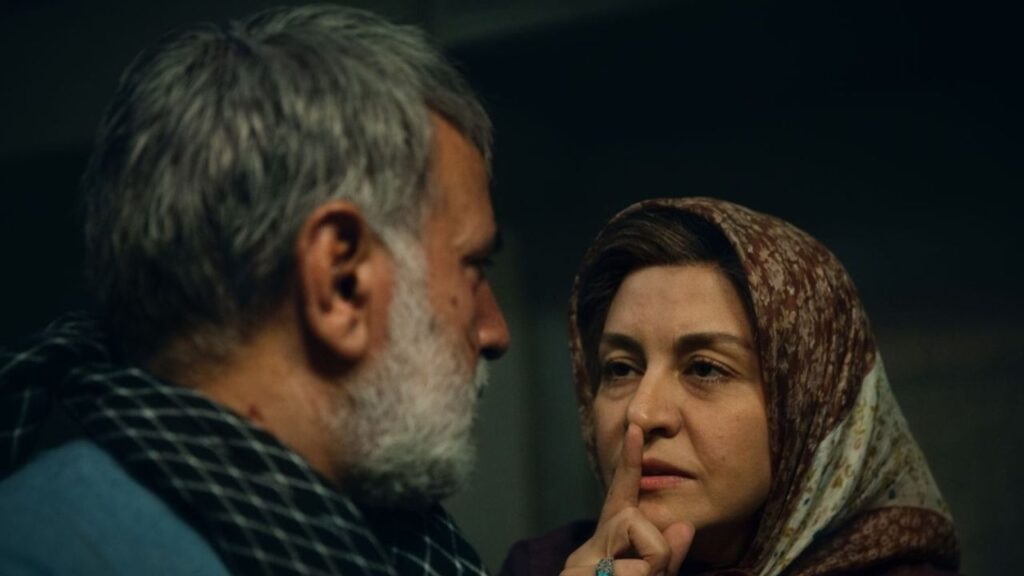
Now we cannot talk about Ebrahim Hatamikia, without talking about Iranian Sacred Defense Cinema. Sacred Defense Cinema is a consequence of both the Iranian Islamic Revolution and the Iran-Iraq War, where authorities sought to rid their films of Western influences and create an Islamic filmic language that prioritized the values of the religion in order to inspire a nation. What emerged was a war film movement, forged through fire, quite literally on the battlefields, with Hatamikia as one of its documentarians. After moving away from making this genre of films for a brief period, this effort, Bodyguard, is widely seen by critics as part of Hatamikia’s triumphant return to Sacred Defense Cinema.
Though unable to speak to the religious aspects of the film, what I can glean is that, at its core, Bodyguard is a movie about a man frustrated with the career politicians he has sworn to protect, and his increasing disenfranchisement with the people he fought so hard for.
Having worked as a documentarian in the Iran-Iraq war, Hatamikia would know firsthand the horror and trauma sustained by its veterans, and his films have always drawn attention to the way in which Iranian society has sidelined its surviving war heroes. And so I can’t help but read into the trauma that the Bodyguard’s lead character suffers in this aftermath of the Iran-Iraq War, as well as his increasingly suffering service as “protector of the system,” and interpret it as Hatamikia’s commentary on the loss of belief and conviction.
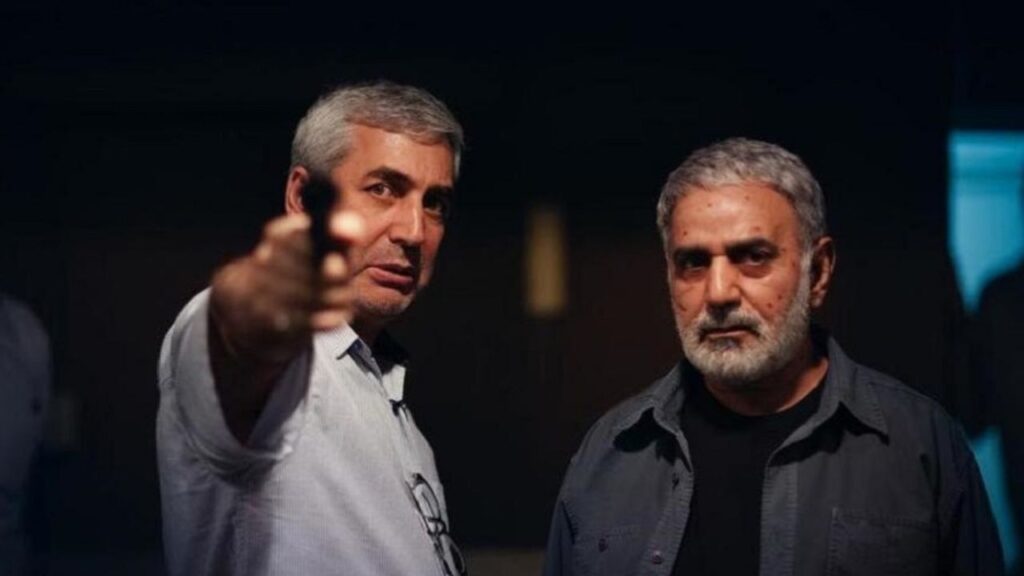
Parviz Parastui, a long time collaborator of Hatamikia, puts in an incredibly grounded performance as our weary, hard-as-nails hero, Heidar Zabihi. Much like Clint Eastwood, with just a single look, Parastui is able to convey the weight of a lifetime of hard choices as well as the creeping doubt that has begun to haunt him. His unhappiness with his superiors and their priorities comes face-to-face with the trauma he lives with from fighting for their purported ideals. Heidar is quick to draw a distinction between being a protector – a man whose job it is to safeguard the life of someone of character – and a mere bodyguard – which is something a lot more mercenary. But what does that mean in the current society he lives in?
To us non-Iranians, we might be tempted to think that Hatamikia is trying to comment on his country’s politics, but I don’t think that is the case at all. As outsiders, I feel that we will never be able to fully understand the nuance and brevity that Hatamikia is trying to convey in any of his films.
In reality, there is very little in our lives that can really rival the collective first-hand trauma of living through an eight year religious war fought in your own backyard. And there is only so much a good translator can do to convey the nuances of an entire culture into that one inch barrier on the screen. We may not grasp every metaphor and allegory (as outsiders, how could we possibly?), but despite all of this, Bodyguard still manages to be entertaining, compelling, and informative.



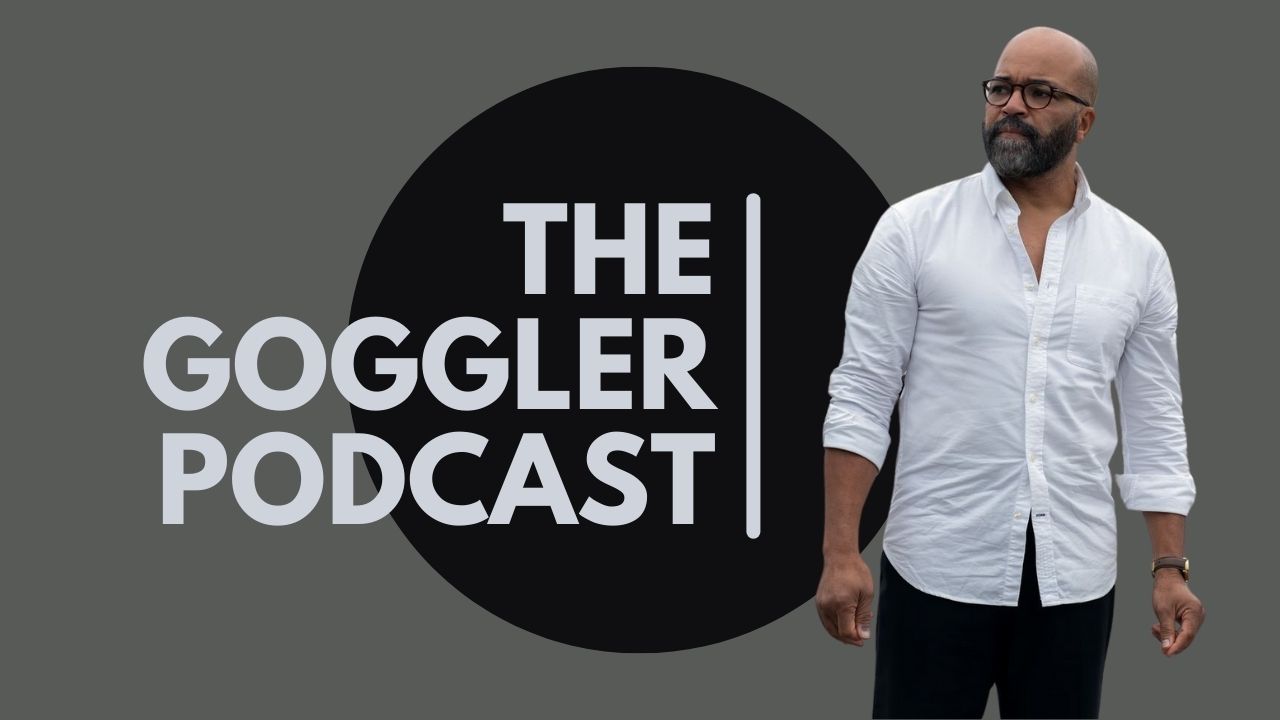
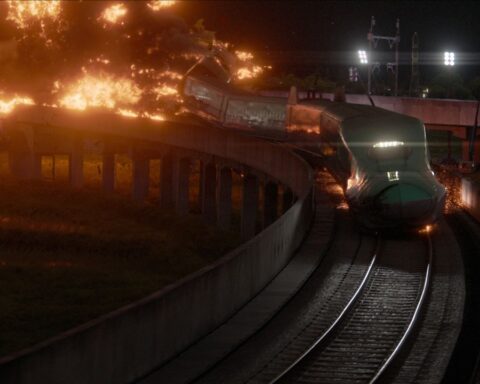
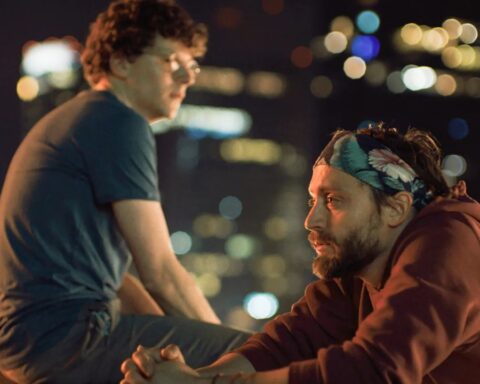
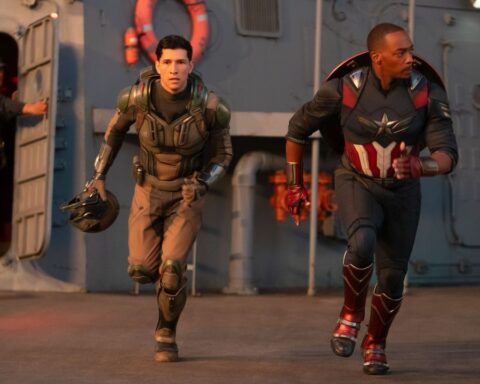


Follow Us